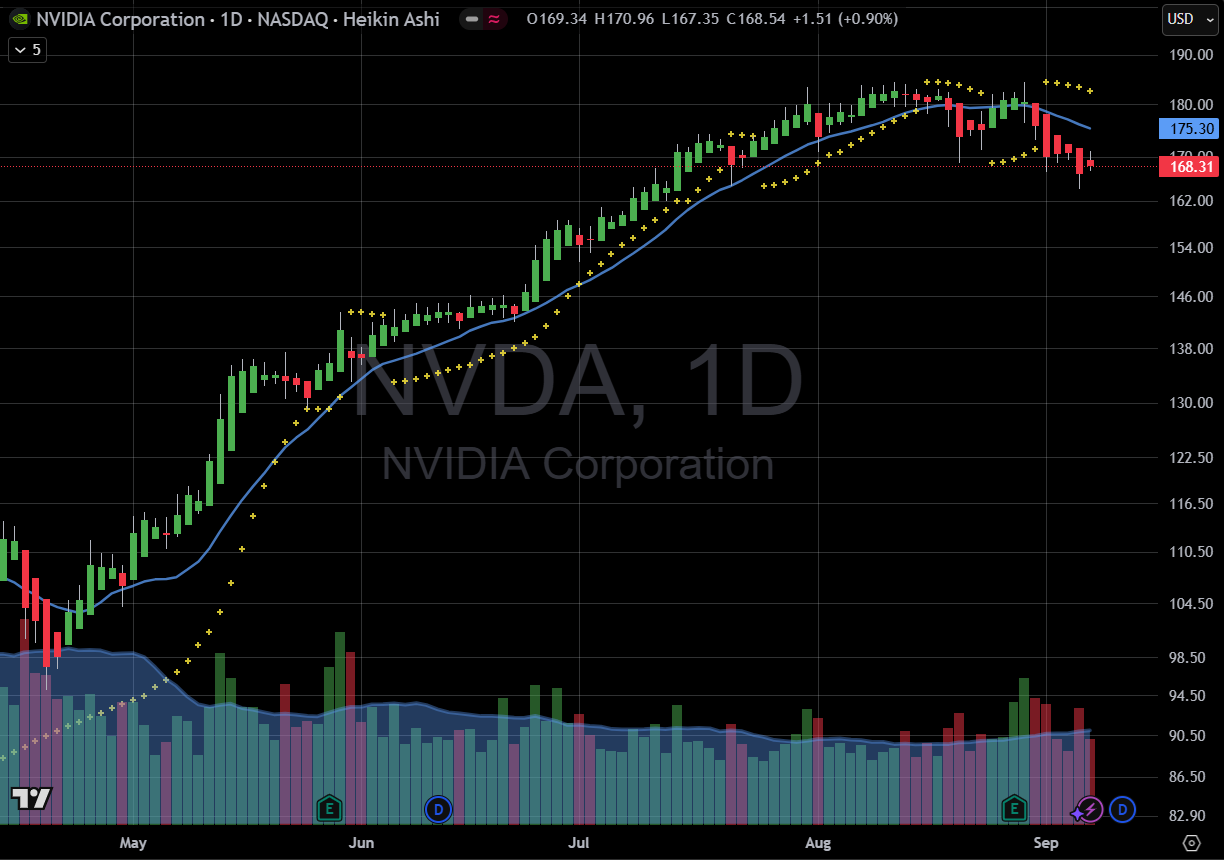Everyone talks about independence of central banks. But does it guarantee better decisions?
- The Fed’s Dilemma: Credibility vs. Responsiveness
- What’s The Point of Central Bank Independence (CBI)?
- Does Independence Drive Growth?
- Why the Fed Resisted Earlier Rate Cuts
- Answering The Question: How Important is Central Bank Independence?
The Fed’s Dilemma: Credibility vs. Responsiveness
The US Federal Reserve guards its independence fiercely. Although it’s almost universally expected that the committee will announce an interest rate reduction next week, many will say this is not before time. President Trump has been demanding rate cuts since January. There’s at least some chance that Fed officials - wary of appearing to “cave” - may have delayed policy easing inoptimally.
Recent data revisions now show the U.S. job market has been weakening for months. Payrolls were overstated by almost a million jobs over 2024–25, unemployment has crept up to a 4-year high, and hiring momentum has clearly slowed. With hindsight, earlier action might have cushioned the downturn.
What’s The Point of Central Bank Independence (CBI)?
Central bank decisions affect inflation, interest rates, and investor confidence. The case for CBI is that it protects monetary policy from the temptations of short-term politics. Governments facing elections may want to keep money cheap and plentiful, even if it risks inflation. In contrast, an independent central bank can focus on stability, credibility, and long-term trust in the currency.
This case is partly borne out by the data. Independent central banks tend to deliver lower inflation. Studies from Alesina & Summers (1993) and Cukierman et al. (1992) show that countries with higher levels of central bank independence typically enjoy more stable prices over time. However, the link is weak, and other researchers such as Schomaker & Baumann (2021) report that influencing factors include the level of institution and whether the nation is advanced or developing.
Even so, there is some link between CBI and improved inflation outcomes; and, independence signals a genuine commitment to price stability.
Does Independence Drive Growth?
The previous section refers to credibility and price stability. Not economic growth. The research shows negligible link between central bank independence and economic growth (and thus unemployment).
As previous work suggests, politically controlled central banks are more likely to pursue policies that lead to high and variable inflation. However, the authors find little evidence that political control of central bank policy has any impact on measures of the level or variability of growth, unemployment, or the ex ante real interest rate. - Alberto Alesina and Lawrence Summers.
Why the Fed Resisted Earlier Rate Cuts
As mentioned above, moving too quickly after Trump’s public pressure risked appearing politicised, undermining its credibility as an independent institution. If this ‘risk’ influenced decision-making in any way, it would be ironically self-defeating (think about it).
Inflation stickiness has also been of concern. Although, even as early as January 2025 the market was signalling an expectation of rate reductions. This was upended by tariff announcements in February; but it seems worries about tariff impact on inflation have been overly pessimistic. Tariff costs have been absorbed by firms or passed to consumers, but the inflationary impact has been dampened by existing cost-of-living pressures.
Another factor was institutional preference for waiting until risks are “unmistakable” rather than pre-empting. This suffers from the extended lag between policy and the impact on the real economy. Sometimes, we need to weigh decision-making by the cost of getting it wrong.
Answering The Question: How Important is Central Bank Independence?
The Fed’s caution preserved its image of independence, but risked tightening labour stress by not easing soon enough. With hindsight, earlier cuts might have been justified; but in real time the Fed faced incomplete data and the political minefield of Trump’s pressure.
Rate reductions will feed through to the real economy and the labour market, but slowly. Potentially, in the context of USA 2025, central bank independence has been less ‘important’ (to good decision-making) than some suggest.
In practice, independence protects credibility but does not guarantee better decisions. In 2025, it may even have delayed action at real cost to workers.




